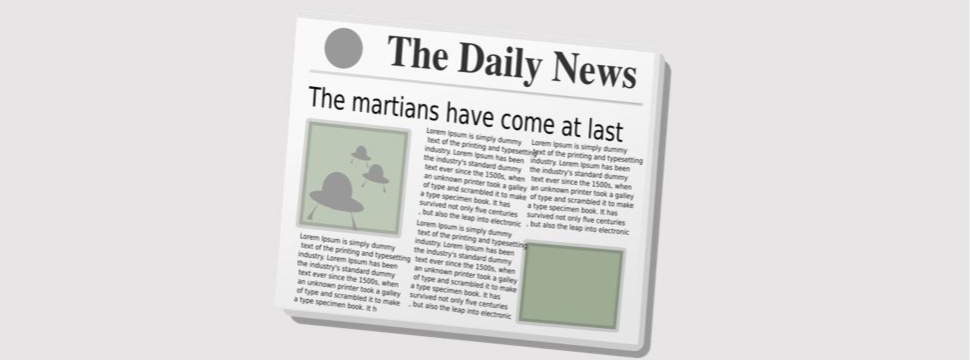After the invention of printing: Lying as if it were printed
News News blog
This German saying probably comes from the 15th century after Johannes Gutenberg invented letterpress printing around 1450. For instead of a real person, people were now supposed to believe a sheet of paper.

In fact, the distrust of printed matter is not unfounded, because the written word is susceptible to propaganda and forgery. When delivering information orally, most liars inadvertently give themselves away through false facial expressions, excessive pauses in speech or by contradicting themselves when asked. Putting an untruth on paper, on the other hand, is much easier than lying to people directly.
The fact that the printing press was used at the advent of the Reformation probably contributed to the origin of the German expression. The followers of the Reformation and the Catholic Church considered the other side to be in error, so they "lied as if printed".
That is why we use the expression "to lie as if it were printed" when someone has not only told a little white lie, but is obviously fibbing so much that the beams are bending.
Only in the course of time did the attitude towards the printed word change: today, something you have "in black and white" is quite a reliable thing. After all, it can still be proven later, unlike the spoken word, which is as ephemeral as smoke and mirrors. Of course, this contrasts with the "lying press", since tabloids in particular like to exaggerate or publish stories that contain only a grain of truth.










